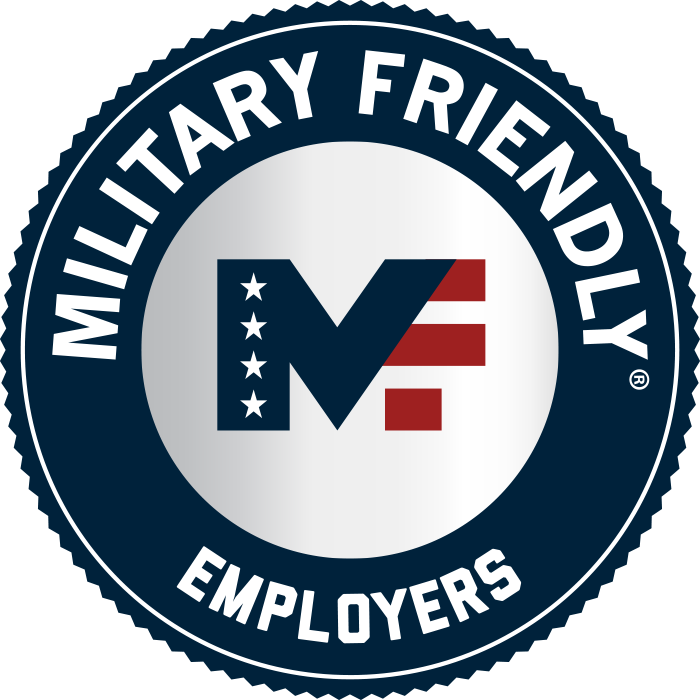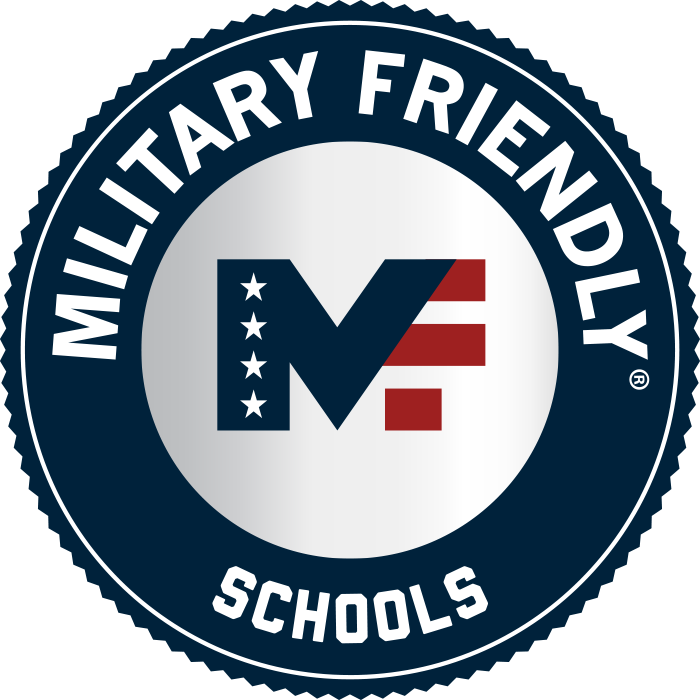Chris Preffer leverages military and teaching experience to lead at UPMC Health Plan.
Air Force veteran Chris Preffer started his career teaching high school, an experience that serves him well in his current role in healthcare. In between he served six years on active duty.
“I started my career as a history and math teacher, which, believe it or not, prepared me perfectly for the business world,” Preffer said. “After all, in business, everyone needs to be educated—whether it’s teaching a client the basics, guiding a team, or reminding everyone that ‘2+2 still equals 4.’ My background in history comes in handy too—especially when explaining how repeating past mistakes is not a great business strategy.”
We asked Preffer about his career in healthcare.
What did you do in the Air Force? My military job involved coordinating and managing logistics processes, supporting deployments, and ensuring readiness for various global operations. It was a mix of logistics, planning, and leadership.
What was your biggest fear as you prepared to transition from the military? My biggest fear
was the uncertainty of timing and being able to support my young family. A secondary concern was finding a job that matched my skills and experience. The civilian job market seemed very different from the structured environment of the military.
What was your first job out of the military? After leaving the military, I began my civilian career as a customer success consultant with a healthcare company, a position I held for 18 months.
Why did you choose this career field? Living in Pittsburgh, where the job market is centered around healthcare, education, and tech, I applied for a variety of roles. This was the first one to offer me an interview. After the interview, the hiring manager shared that they were surprised by how easy it was to talk with me and understand my skill set. They admitted having a much different perception of military candidates to be rigid and one dimensional.
Please summarize your current job. In my current role, I have the privilege of creating UPMC for Life’s Medicare Advantage plans, serving as the subject matter expert on veterans’ federal health benefits, such as the VA and TRICARE, and how those benefits work with Medicare, and influencing the digital member experience for our members.
How does your military training and experience help you in your civilian career? My military training instilled discipline, leadership, and problem-solving skills invaluable to my civilian career. It also taught me how to work under pressure and adapt to changing situations. Plus, I have access to the VA and have utilized TRICARE, so I can relate to these federal health benefits first-hand.
Would you recommend the health care industry to transitioning service members or veterans? I joined the military because I wanted to
serve and make a meaningful difference. If you’re considering a new path where you can continue to have a positive impact, healthcare is an excellent choice. It’s a field that allows you to help others in significant ways while leveraging the skills you’ve
worked hard to build.
What mistakes would you urge transitioning service members to avoid? Take the time to understand what you truly want and ensure it aligns with your long-term goals before rushing into a job and remember that your leadership and teamwork skills are incredibly valuable, even if they aren’t explicitly listed in job descriptions. Don’t navigate the transition alone—lean on veteran communities, mentors, and networks for guidance and support.









